Description
With huge supplies, including from unconventional plays, and its low carbon properties as compared to oil and coal and decreasing transport hurdles, natural gas has what it takes to fulfil the escalating demand for energy. Yet, the promise that it held a few years ago as the fastest growing major source of energy appears to be fading, ironically due to abundant supplies. On the one hand, while the risk of recovering producers’ costs for the high capital investments required for production and liquefaction is increasing, on the other, consumers are demanding lower prices in a market that has turned in favour of the buyer. As a result, geopolitics, which was always in play in the energy market, is growing, as gas producing and exporting countries compete for a larger share of the market, or at the very least, retain their existing ones. More importantly, the entry of new supply sources is also pushing the market from the traditional oil-indexed pricing mechanism that was prevalent in the European and Asian markets, towards a more flexible mechanism, including a hub-based one. As liquidity in the gas market is increasing, there are also signs that a global market, as against the current regional one, may be emerging.
This volume looks at the evolving gas market and the various players who influence it — both as producers and consumers. However, some of the players, such as Australia and the new African producers, as well as Japan and South Korea, the two largest LNG consumers, have not been included as their approach tends to be more commercial than geopolitical in nature.


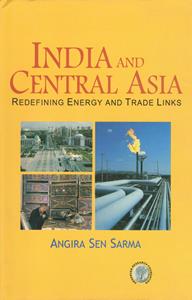
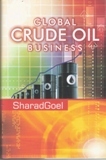
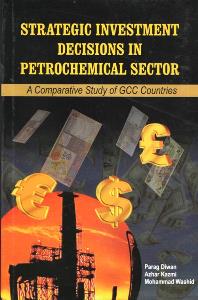
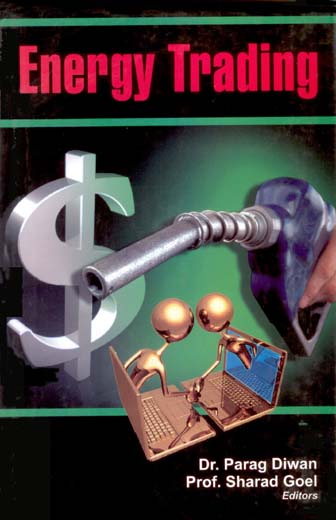
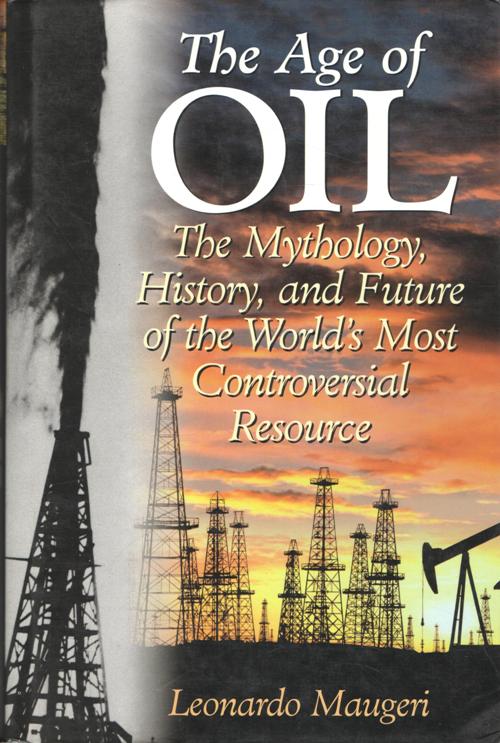
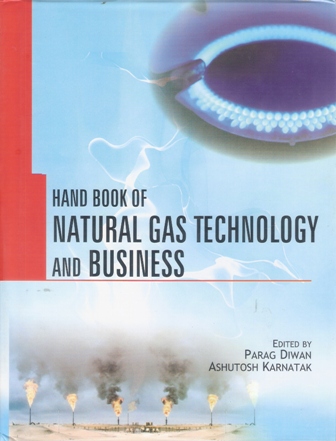
Reviews
There are no reviews yet.